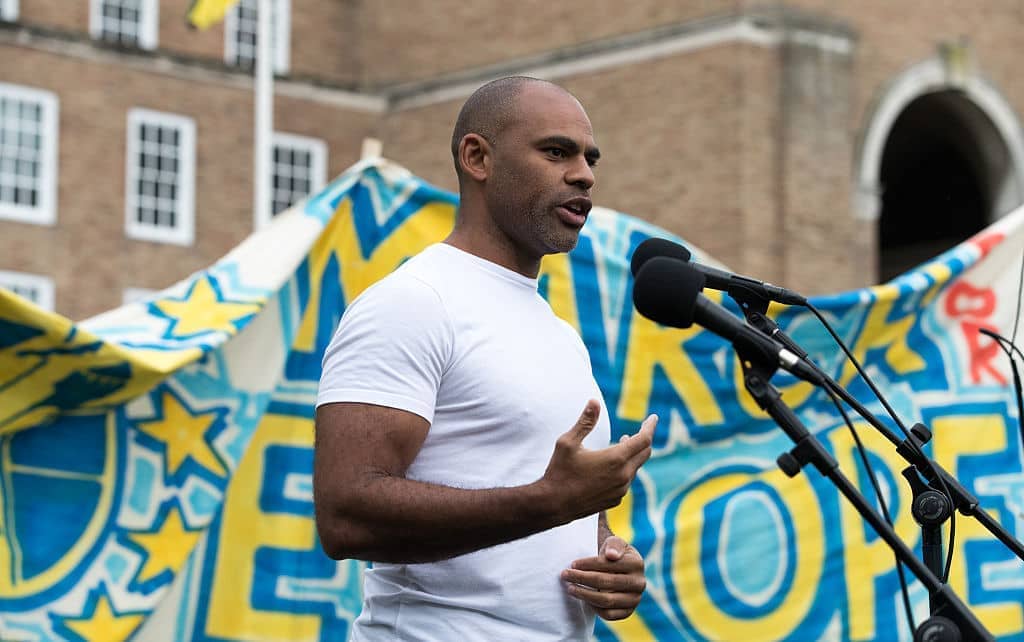Among the many council election results coming in today, the decision of the voters in Bristol to ditch the post of elected mayor, by a margin of 59 to 41 per cent, could easily get missed. Why does it matter? Because the government’s ‘levelling up’ agenda proposes to establish elected mayoralties all over England – on the assumption that it is something we will all welcome as a way to bolster local democracy. Yet Bristol is just the latest in a long series of results which prove the opposite: we keep telling the government that we don’t want elected mayors and yet it keeps trying to force them on us anyway.
Since 2001, there have been 54 referendums on whether or not to introduce an elected mayor. In only 17 cases have people voted yes. Bristol was one of those occasions. It was one of ten cities which voted on introducing mayors in May 2012 in what was supposed to be a big bang for local government. Yet Bristol was the only city to approve the idea. Others – including Birmingham, Manchester and Leeds – said no thank you. Yet rather than respecting the will of the people – something which really ought to be taken for granted when the idea is supposedly to bolster democracy – the government ended up forcing elected mayors on the people of Birmingham and Manchester anyway. Voters in Hartlepool, Stoke-on-Trent and Torbay have, like in Bristol, since voted to abolish their elected mayoralties.
Why is the government so obsessed with elected mayors when voters have made it pretty clear they don’t want them? Ministers seem to think that elected mayors will make England less Londoncentric. Yet ironically, the fact the government is trying to force elected mayors on the whole country just shows how trapped its mindset is in London. The government is drawn to the idea of elected mayors because the idea is relatively popular in London – or at least there is no obvious sign of dissent against it, although the popularity of the idea has never been tested in a referendum. But then London is a special case, because before the elected mayoralty and London assembly was established in 2000, London was one of the very few large cities in the world to lack a city-wide administration (after Mrs Thatcher abolished the Greater London Council in 1986, agreed by many to not be her best idea even if it did rid London, temporarily, of Ken Livingstone and his far-left cronies). There was an obvious need for some form of elected body to adopt a coordinated approach to issues such as transport, sewage and water infrastructure in the capitol.
Outside London it is a very different matter, as such bodies already exist in the form of elected councils. Adding an elected mayor in those cases is seen by voters as creating an ego trip for one jumped-up councillor. It is also seen by many as an unnecessary extra layer of government, and a recipe for vanity projects. Voters may indeed be looking to Boris Johnson’s time in London, and the expensive fiasco that was the garden bridge.
There is a very simple message for the government and its levelling-up agenda. If you really want to bolster local democracy, listen to what people have said many times over – and ditch the idea of any more elected mayoralties for good.







Comments